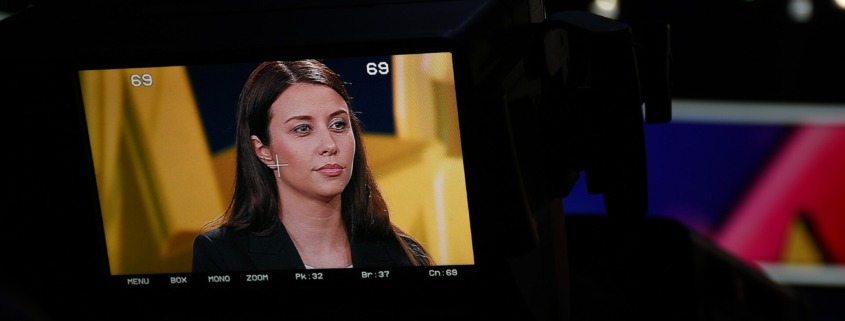I would not trade the eight years I spent in journalism for all the world. Regardless of how much some politicians (and their supporters) use it as a stick to beat me with, I am proud of my profession “from my previous life”. A profession that – if you are to do it well – requires not only that you love it, but also that the conditions are right. A profession that has come under increasing pressure in recent years.
In the most extreme of such cases, this even led to the murders of investigative journalists, including in the European Union. Such as recent murders of Giorgos Karaivaz in Greece, and before that Jan Kuciak in Slovakia, Daphne Caruana Galizia in Malta… Their common denominator? Investigating and reporting on corruption and abuse of power by influential individuals in business and politics. This is, as I said, by far the most extreme, but by no means the only method (of attempting) to silence the Fourth Estate.
SLAPP. Strategic Lawsuit Against Public Participation. Or, if you ask me, SLAPP by name, slap by nature, because that is actually what it is. A slap in the face of investigative journalism. A slap in the face of the legal system. An abuse.
When political parties or corporations make a habit of suing journalists, NGO or civil society representatives their aim is to burden or exhaust them both mentally and financially (through the cost of the trial) and – of course – to stop them from informing the public about their “dirty deals”. The pursuit of this legal path, which doesn’t actually have anything to do with seeking justice in court, is not unheard of in Slovenia either.
I am writing about this because this week the European Parliament adopted the – and I quote – Report on strengthening democracy and media freedom and pluralism in the EU: the undue use of actions under civil and criminal law to silence journalists, NGOs and civil society. The document that I co-created as a shadow rapporteur on behalf of Renew Europe. The document asking for legislation that will include all the substantive proposals, which the European Commission will draft as the next step on the basis of our report.
What are the three main solutions I have proposed?
– The adoption of a European directive or, in other words, binding legislation for all Member States, enabling the judicial branch to dismiss in advance actions identified as SLAPP; that, therefore, there should be no trial in these cases, because this would significantly reduce the pressure on both the courts and (or, above all) on the people to whom this is happening. In order to facilitate the identification of these cases, I proposed that the European Commission create a database and educate judges on how to proceed in such cases.
– Adapting the Rome II and Brussels II regulations at the European level, where there is a legal loophole in the civil and criminal codes that allows for “forum shopping” whereby the applicant is able to choose courts in other Member States – those in which he or she has allegedly suffered material damage as a result of “defamation”. Since individuals and institutions have sufficient resources to bring an action in several countries at the same time, even if an action is manifestly unfounded (as their aim is not to actually win in court), this places an additional burden on those who exposed them.
– The setting up of a fund which, in addition to educating judges and raising general awareness of strategic lawsuits, would also devote part of its resources to the victims of those actions and finance their legal costs incurred in mounting a defence. In this context, national laws in the Member States should also be adapted to prevent a prison sentence from being imposed for defamation. Hungary (who else?) has enacted a prison sentence for “spreading misinformation during the pandemic” … not to mention other pressures exerted on independent reporting.
These proposals have also been accepted by other political groups in the European Parliament and other responsible committees, and are included in the text. What’s next? I expect the European Commission to draft a directive before too long, which will also include these key highlights. The upcoming legislation will make it much easier for investigative journalists and others to report matters in the public interest.
It goes without saying, however, that this is only one piece in the mosaic of the European legislation needed to effectively combat multifaceted threats to journalism. We can already see many in the case of Slovenia, specifically in the actions of the current Government. You already know the story of the Slovenian Press Agency (STA), but this is not the end of it. We witness squalid attempts at subjugation of our public service broadcaster (RTV Slovenija), broader discrediting of the entire media space, and insults towards both male and female journalists by the highest representatives of political power.
Bottom line: They want to silence the critics. And that is exactly what SLAPP is. And that is exactly the slap we can no longer tolerate.
– Irena





Leave a Reply
Want to join the discussion?Feel free to contribute!